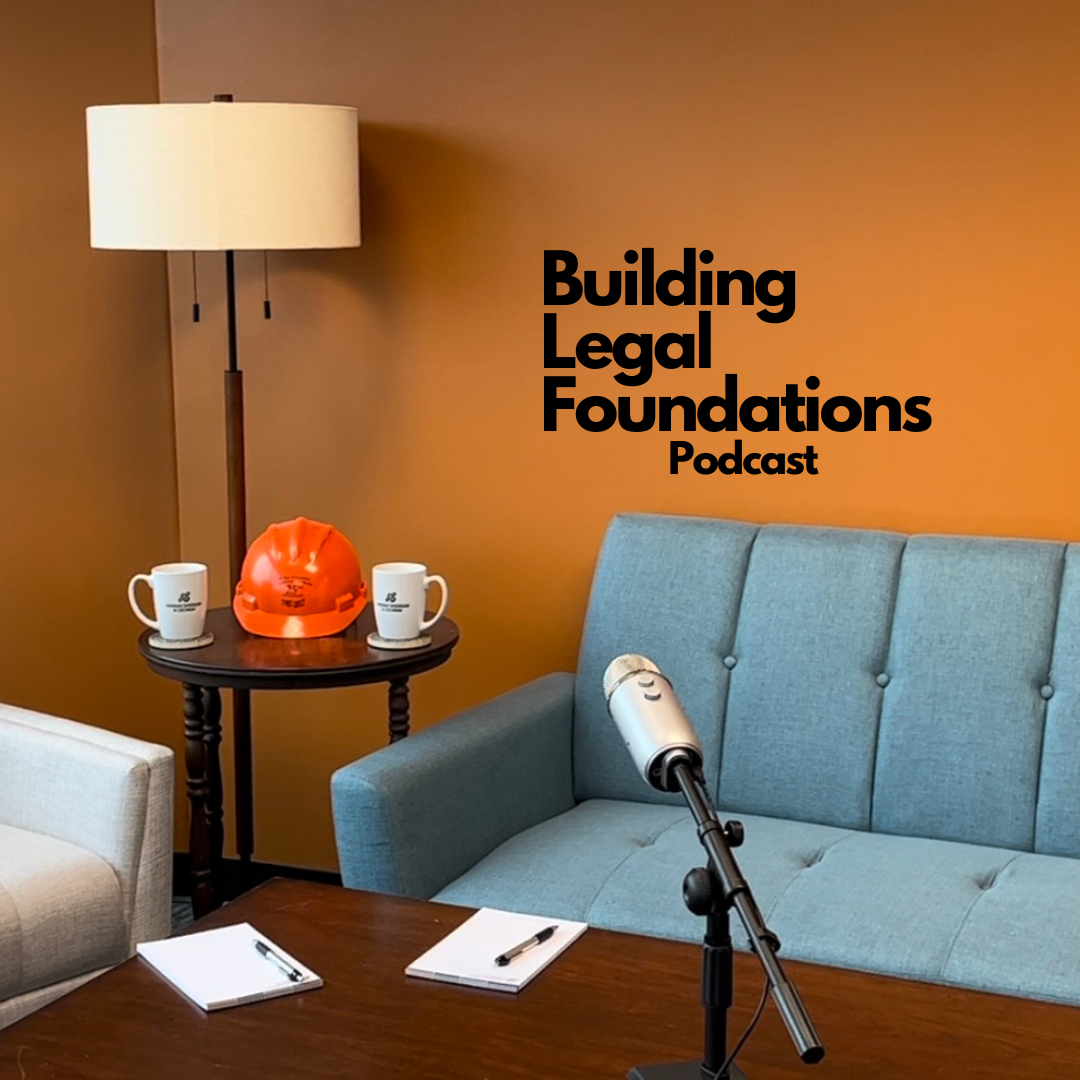Hannah Sheridan & Cochran's own podcast, previously available via Spotify, is now available to listen…
BANKRUPTCY RECOVERY OPTION
Have you ever heard of section 503(b)(9) of the United States Bankruptcy Code? It was an addition as part of the 2005 overhaul/update to that Code. As too often happens with legislation, it appears to be a good idea which was incompletely drafted. However, for material suppliers, it is worth knowing about and keeping in your back pocket. So, what is it?
In instances where a bankruptcy debtor went out in the week or two before filing and used credit to fill out its inventory ahead of a Chapter 11, 503(b)(9) provides a claim for the creditor to recover the value of those goods. The problem can be found simply by reading the entirety of 503(b)(9): [After notice and a hearing, there shall be allowed administrative expenses, …, including] – “the value of any goods received by the debtor within 20 days before the date of commencement of a case under this title (chapter 11) in which the goods have been sold to the debtor in the ordinary course of such debtor’s business.”
That is it – the drafters provided no real guidance as to what they were thinking in terms of what constitutes “goods,” or when these claims should be paid, or how such claims interact with preference issues. Bankruptcy and appellate courts across the country have faced a myriad of claims since enactment in 2005, but clarity has not yet resulted. It appears “goods” are most likely items falling under the UCC definition for that term. Some courts have allowed immediate payment of this type of administrative claim while others have held off in case there was a setoff question related to a potential preference claim.
Since priority for an administrative claim falls between secured and general unsecured, giving notice of a 503(b)(9) claim and going through the hearing process has value if the claim is large enough (dollar value). The key is the timing. There seems some consensus that this provision might be a safety net for those who fall victim to the tight timelines of a reclamation claim. Theoretically, it might be considered that the claim is valid if submitted anytime within the claims period, however, be mindful that it requires notice and a hearing, not the mere filing of a proof of claim.
If you have a customer come in and buy out the store only to file bankruptcy shortly thereafter, remember this provision and seek counsel as to whether you have a claim to be made and then strategically, whether it is advisable to assert that claim.


